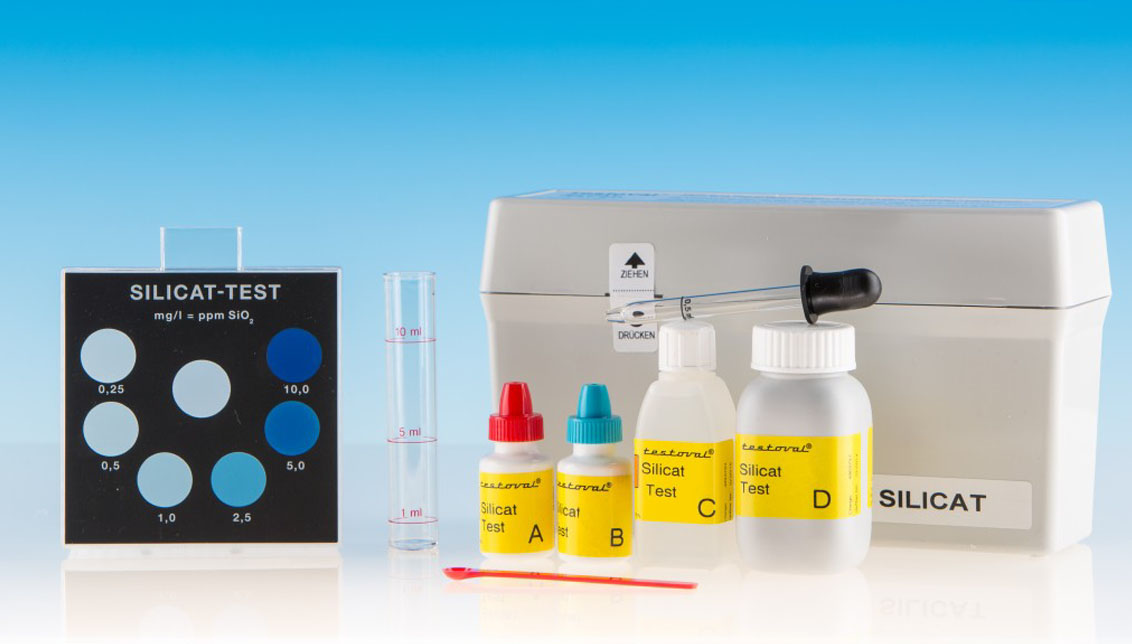Water treatment is not only of great importance in clinics, outpatient practices and medical centers, but is also essential in laboratories:
- avoidance of impurities: Untreated tap water often contains dissolved salts, organic substances, microorganisms or particles that can falsify chemical reactions or interfere with sensitive analyses.
- reproducibility of results: Only with pure water (e.g. distilled, deionized or ultrapure water) can tests and measurements be carried out in a standardized manner and reliably reproduced later.
- protection of equipment: Ultrapure water protects sensitive laboratory equipment such as autoclaves, HPLC systems, photometers or ion chromatographs from limescale deposits, corrosion or biological growth.
- quality assurance: Many laboratory standards prescribe the use of certain water qualities so that results are comparable and reliable.
- avoidance of interactions: In biology and medicine, but also in chemistry, even traces of ions or organic compounds can lead to unwanted reactions - purified water minimizes this risk.
Here are some typical laboratory processes where purified water is essential:
Washing and rinsing laboratory glassware
In this routine application, glassware and glass instruments are cleaned either manually or using special rinsing equipment. For particularly critical procedures - such as cell culture, ICP-MS or clinical analyses - only ultrapure water should be used for cleaning.
Water baths
Water baths are standard equipment in many laboratories. It is often assumed that ordinary tap water is sufficient for temperature regulation. In principle, this is possible, but the use of tap water often leads to deposits on the surfaces (known as scaling), which makes maintenance more difficult and can have a negative impact on the service life of the appliance.
Power supply for autoclaves
Autoclaves are used in the medical field to sterilize instruments and devices. The sterilized items are treated with steam under high pressure, whereby temperatures of over 100 °C are reached in order to reliably kill germs.
Steam generators
Steam generators are used in numerous laboratory applications, for example to humidify clean rooms or to supply autoclaves and sterilizers. To avoid deposits and the associated maintenance problems, pre-treated water should be used in most cases
The influence of laboratory water
Water plays a central role in almost all areas of the laboratory. Even if the analytical methods are usually the main focus for users, the importance of the water used - for example when rinsing glass vessels - should not be underestimated. This is because even the smallest residues can affect sensitive applications due to contamination.
The use of tap water should be viewed with caution, especially for general laboratory work: Limescale deposits (scaling) and other impurities can have a negative impact on the performance and service life of equipment.


